HS-ETS1-1
Analyze a major global challenge to specify qualitative and quantitative criteria and constraints for solutions that account for societal needs and wants.
-
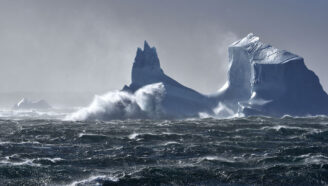 Life
LifeFrom icebergs to smoke, forecasting where dangers will drift
Smoke drifts. Fish eggs float downstream. Where such drifting things end up may seem a mystery. But research can predict where they’ll end up.
-
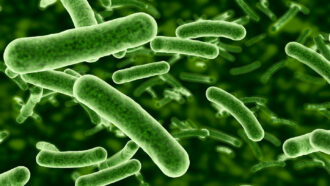 Microbes
MicrobesGenes point to how some bacteria can gobble up electricity
A new study shows how some microbes absorb and release electrons — a trait that may point to new fuels or ways to store energy.
-
 Archaeology
ArchaeologyVikings were in North America 1,000 years ago
Wooden objects provide the most precise dating yet for a Viking settlement on the coast of Newfoundland in Canada.
By Bruce Bower -
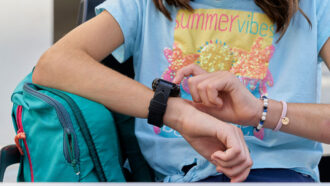 Tech
TechSomeday soon, smartwatches may know you’re sick before you do
Such an early detection of flu-like infections could tell you when to avoid others to limit the spread of disease.
-
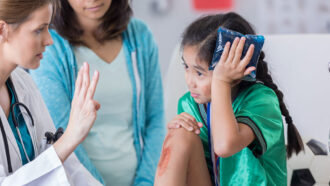 Brain
BrainConcussion patients should avoid screen time for first two days
Teens may find it hard to avoid screen time, but data from a new study suggest it can speed their recovery.
-
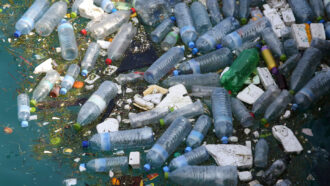 Environment
EnvironmentEveryday plastics can pollute, leaching thousands of chemicals
Plastic bags and containers leach potentially toxic chemicals into both food and water, but researchers yet don’t know how they might affect health.
-
 Tech
TechDid Facebook put Instagram profits ahead of teen safety?
Former employee said Facebook (now Meta) ignored its own research on Instagram risks to teens’ mental health. We look at the issues and what you can do.
-
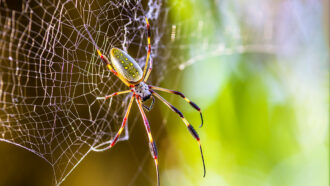 Materials Science
Materials ScienceBacteria make ‘spider silk’ that’s stronger than steel
Part spider silk, the material is better than what some spiders make. Researchers think it might make the basis for surgical threads or unusually strong fabrics.
By Manasee Wagh -
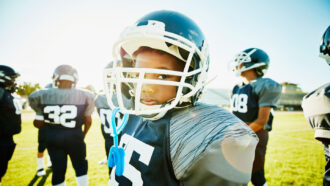 Brain
BrainIt doesn’t take a concussion for head hits to harm young brains
Most head impacts while playing football do not cause concussions. Yet even lesser impacts take a toll in young athletes, scans of their brains show.
-
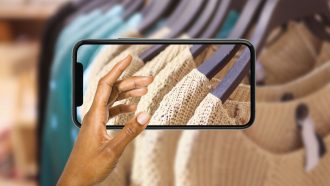 Tech
TechA sense of touch could upgrade virtual reality, prosthetics and more
Scientists and engineers are trying to add touch to online shopping, virtual doctor appointments and artificial limbs.
-
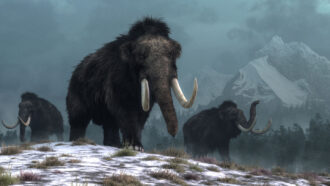 Animals
AnimalsWill the woolly mammoth return?
Scientists are using genetic engineering and cloning to try to bring back extinct species or save endangered ones. Here’s how and why.
-
 Animals
AnimalsCloning boosts endangered black-footed ferrets
A cloned ferret named Elizabeth Ann brings genetic diversity to a species that nearly went extinct in the 1980s.